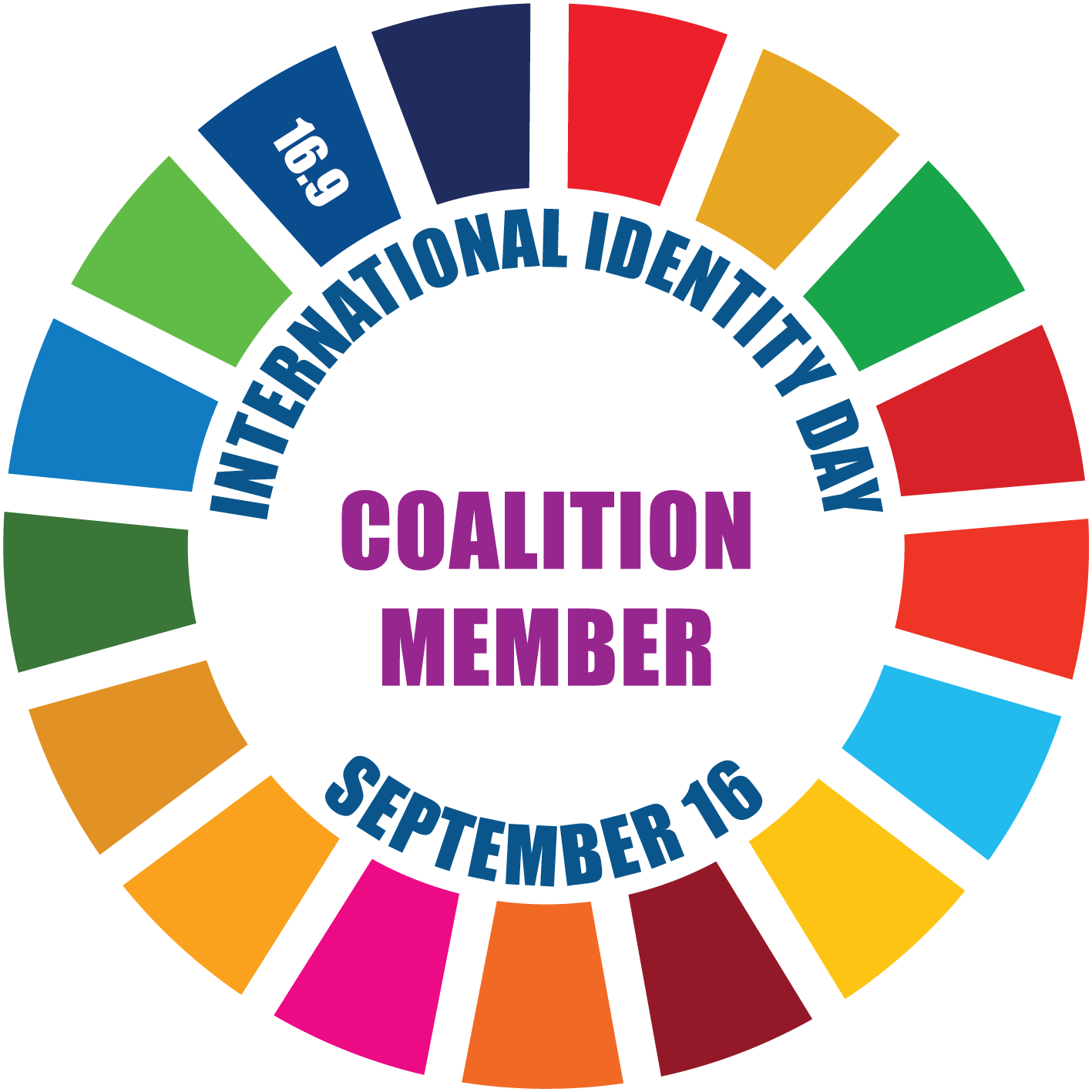Our society functions based on trust, in both the physical and the digital worlds. Unfortunately, just like crimes in the real world, cybercrimes, particularly identity fraud/theft and synthetic identities, also thrive in the digital age, thus eroding the trust we have on digital identity-based systems. These systems can range from vaccination certificates and eCommerce to government digital portals. In this talk, Norman will explain why a digital identity is stronger when it is bound to biometrics; and define the different levels of binding strength. A good digital identity system must be usable, inclusive, secure and resilient against attacks such as biometric presentation attack and document presentation attack. To this end, Norman will explain the required technologies to secure a digital identity system, such as privacy-preserving biometrics, computer vision, deep learning and cryptography.
Curriculum vitæ
Dr Norman Poh is the Chief Science Officer of Trust Stamp. He currently provides technical leadership to accelerate Truststamp's growth in the area of privacy-preserving biometrics, improving its products and services which focus on identity management addressing KYC/AML issues. Previously, he held two data science roles in two distinctive sectors, namely, financial forecasting within an oil and gas industry and modelling, predicting and understanding disease progression from healthcare and health administrative data. Prior to that, he was an associate professor with University of Surrey, during which he published more than 100 peer-reviewed publications, including five best paper awards (AVBPA’05, ICB’09, HSI 2010, ICPR 2010 and Pattern Recognition Journal 2006), and was awarded two personal fellowships sponsored by the Swiss National Science Foundation. He was named the Researcher of the Year by the university of Surrey in 2011. He received his Ph.D. degree in information fusion (machine learning) in 2006 from the Swiss Federal Institute of Technology Lausanne (EPFL), Switzerland. He is currently appointed by University of Malta as an Affiliate Associate Professor.
We thank our media partner:





